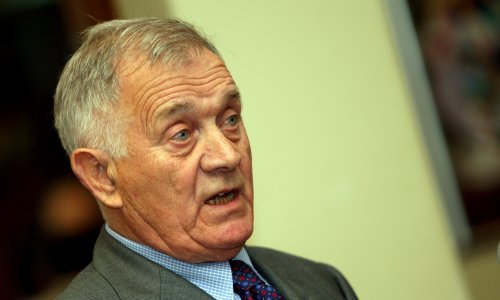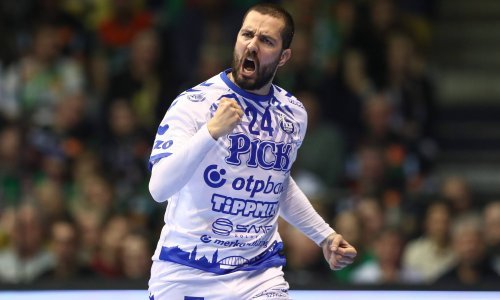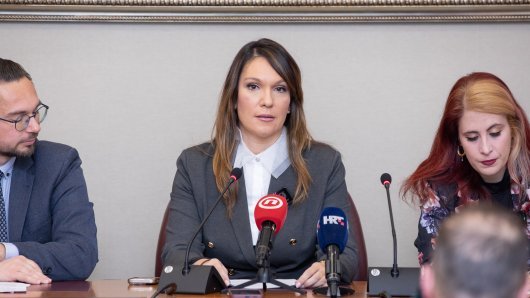Former US Ambassador to Croatia Peter Galbraith repeated his earlier claim that ethnic cleansing had not been committed during the Croatian military offensive known as Operation Storm in the summer of 1995, but stressed that the then President of Croatia, Franjo Tudjman, had allowed war crimes to happen.
In my opinion, there was no ethnic cleansing, because in such cases the military expels the population from a certain territory. In this case the population fled, perhaps because they had justified reason, but they certainly left the territory before the arrival of Croatian troops, Galbraith said in an interview with Croatian Television on Monday evening when asked if there were grounds for the allegation of ethnic cleansing, made by the Hague tribunal in a verdict against Croatian generals Ante Gotovina and Mladen Markac.
He said that the verdict had a slightly different meaning and that it relied on meetings, especially on one held on the island of Brijuni on the eve of Operation Storm, to claim that the intention was to drive the Serb population out of occupied areas of Croatia.
I think that Tudjman did not do it, but when he saw what had happened, that people had left, he allowed crime to happen. Houses were burned and those who stayed were killed so that others would not return, the former US ambassador said.
When asked to comment on the fact that the tribunal described Operation Storm as a joint criminal enterprise although the US administration had given the go-ahead for it, Galbraith said that on 1 August 1995 he relayed a message from the US government to President Tudjman that they understood why Croatia was undertaking military operations, namely to save Bihac, in northwestern Bosnia and Herzegovina.
It is important to remember that at the time of Operation Storm Bihac was under siege by Krajina Serbs under Ratko Mladic and Bosnian Serbs who had just committed the crime at Srebrenica. We said that under those circumstances we were not opposed to military operations, but I made it clear to Tudjman that he had to protect the Serb civilians and he ignored my warnings, Galbraith said.
Galbraith stressed that the US did not approve of an operation whose aim was to expel the Serbs.
He said that in his opinion the Croats made an unprecedented move in international relations by sending their generals to stand trial after a war they won, adding that this was more often the case with those who lost a war.
This only shows to what extent Croatia has changed since the Tudjman era, developing into a modern democratic state governed by the rule of law, which probably would not happen even in the United States under such circumstances, the former ambassador said.
He concluded by saying that although to many people in Croatia the outcome of the Hague trial seemed bad, the whole process showed that Croatia was a modern society ready to join the European Union.




































